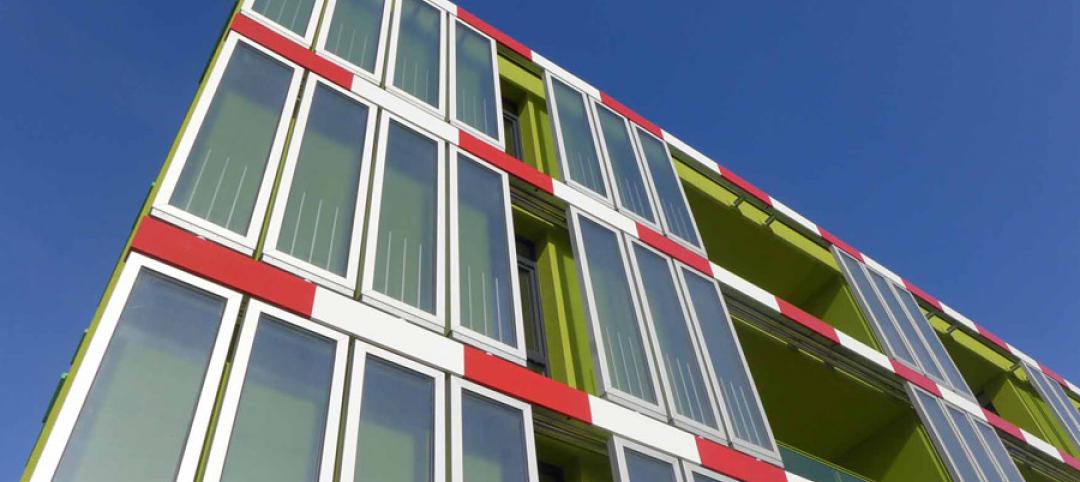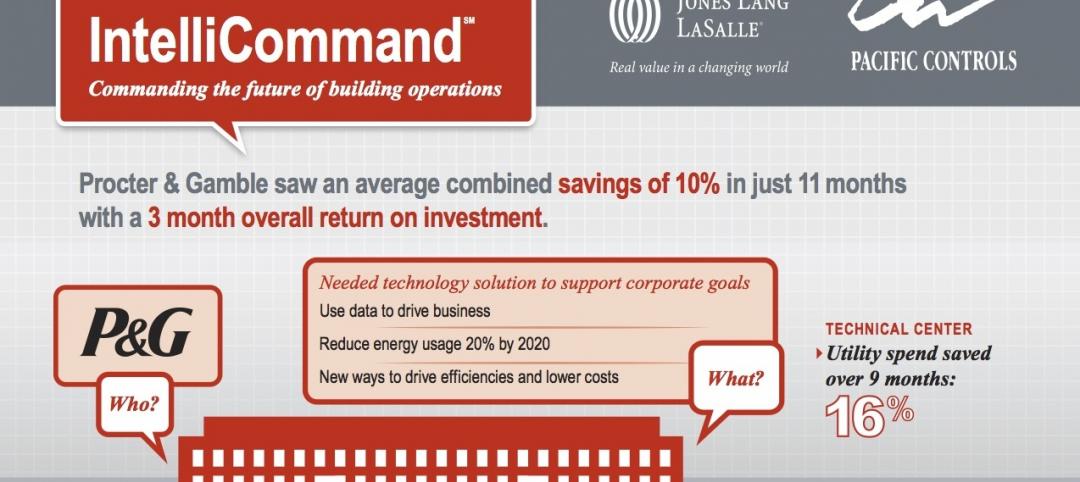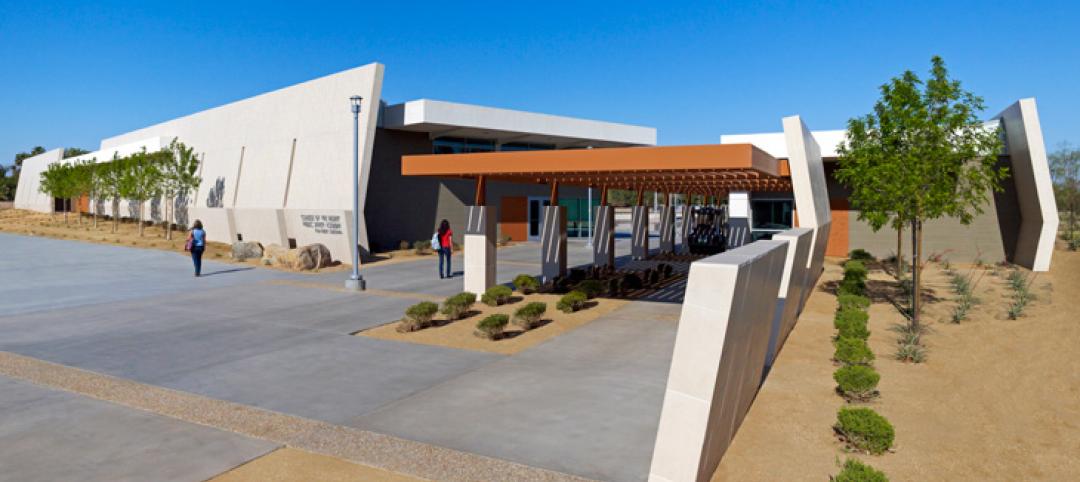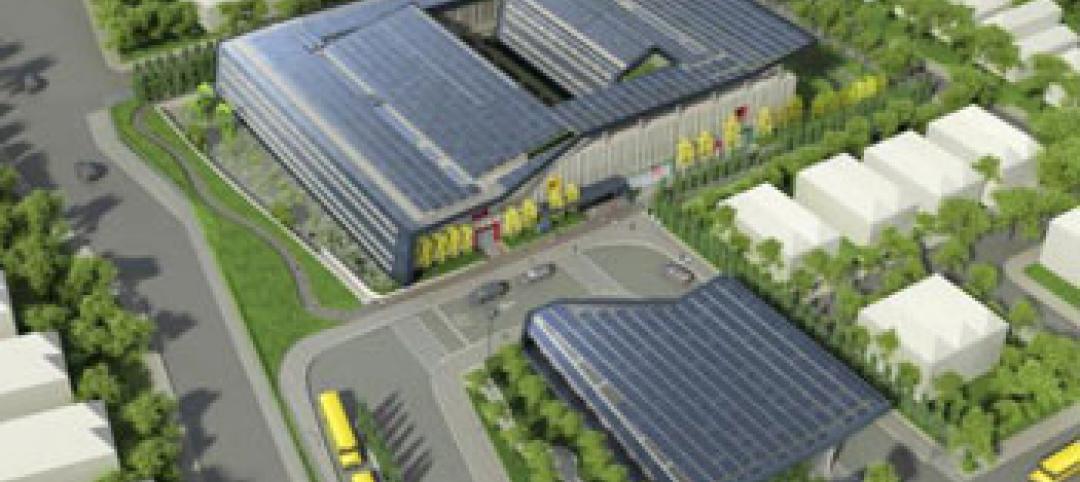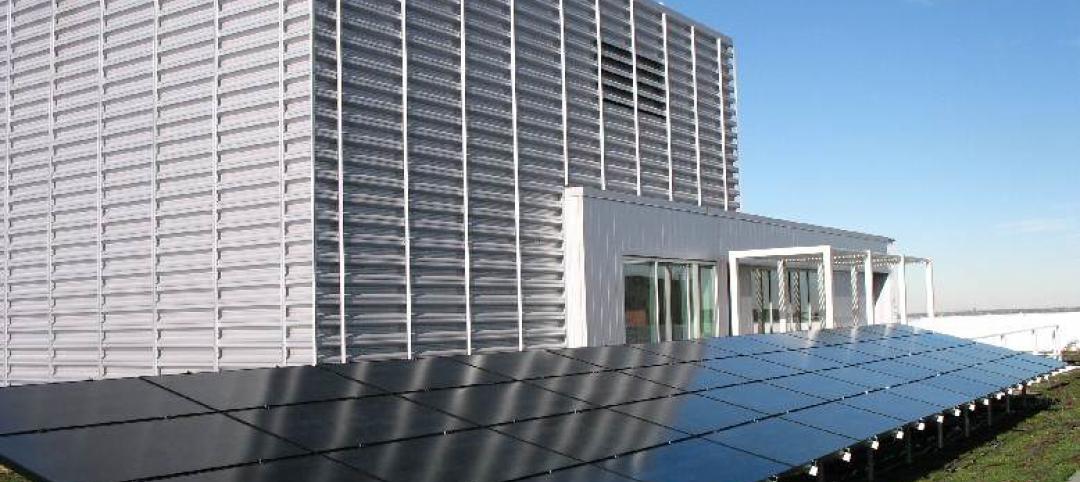Officials in St. Paul, Minn., announced that the city has set a zero carbon goal for 2050.
City-owned buildings are to hit that target by 2030, with all buildings following suit by mid-century.
A two-year study of carbon emissions within the city found that 52% were related to physical structures.
The city expects that its primary utility, Xcel Energy, will help it achieve 40% of the progress needed by relying less on fossil fuels. To get the rest of the way to its goal, the city has a five-year strategy with five primary goals:
• Inspiring a culture of energy stewardship throughout the city
• Lowering energy burdens on low-income households so that no household has to spend more than 4% of its income on energy costs
• Working with major institutions such as colleges and hospitals to set energy goals that align with those of the city
• Promoting efficiency in large buildings, both commercial and multi-family residences
• Leading by example as city government
To spur private building owners to green up their facilities, the city is sponsoring the “Race to Reduce,” a competition that encourages building managers to monitor and compare their buildings’ energy use to comparable structures across the country.
Related Stories
| Sep 13, 2013
Insurance expert: Managing green liability risk not so different from 'normal' risk mitigation
Worries about legal liability have long dogged the sustainable building movement, but insurance expert Karen Erger says sustainability lawsuits are caused by the same types of issues that have always prompted clients to sue AEC firms.
| Sep 13, 2013
Video: Arup offers tour of world's first algae-powered building
Dubbed BIQ house, the building features a bright green façade consisting of hollow glass panels filled with algae and water.
| Sep 11, 2013
New design for Chinese science park aims for zero-carbon footprint
A new design for Jinshui Science and Technology Park in Zhengzhou, China is aiming for a zero-carbon footprint.
| Sep 4, 2013
Smart building technology: Talking results at the BUILDINGChicago/ Greening the Heartland show
Recent advancements in technology are allowing owners to connect with facilities as never before, leveraging existing automation systems to achieve cost-effective energy improvements. This BUILDINGChicago presentation will feature Procter & Gamble’s smart building management program.
| Sep 3, 2013
Grand Junction, Colo., courthouse aims to be first net-zero building on National Register of Historic Places
After a two year renovation, the 95-year oldWayne S. Aspinall Federal Building and Courthouse in Grand Junction, Colo., is being evaluated for LEED Platinum status and may become the National Register of Historic Places’ first net-zero-energy building.
| Aug 27, 2013
College of the Desert in Palm Springs to produce more energy than it consumes
A 60-acre solar farm next to the College of the Desert in Palm Springs, Calif., along with a number of sustainable building features, are projected to help the campus produce more energy than it uses.
| Aug 19, 2013
Integration of solar panels in building skin seen as key net-zero element
Recent high-profile projects, including stadiums in Brazil for the upcoming World Cup and Summer Olympics and a bank headquarters in the U.K., reflect an effort by designers to adopt building-integrated photovoltaics, or BIPV.
| Aug 14, 2013
Green Building Report [2013 Giants 300 Report]
Building Design+Construction's rankings of the nation's largest green design and construction firms.
| Aug 12, 2013
New York’s first net-zero school will be a sustainability lab for city school system
An elementary school on Staten Island will be the first net-zero energy school in New York City and the Northeast. The school is designed to use half the energy of a typical New York public school. Construction will be completed in 2015.
| Aug 8, 2013
New green property index could boost REIT investment in more sustainable properties
A project by the National Association of Real Estate Investment Trusts (NAREIT), the FTSE Group, and the U.S. Green Building Council to jointly develop a Green Property Index could help REITs attract some of the growing pool of socially responsible investment money slated for green investments.




